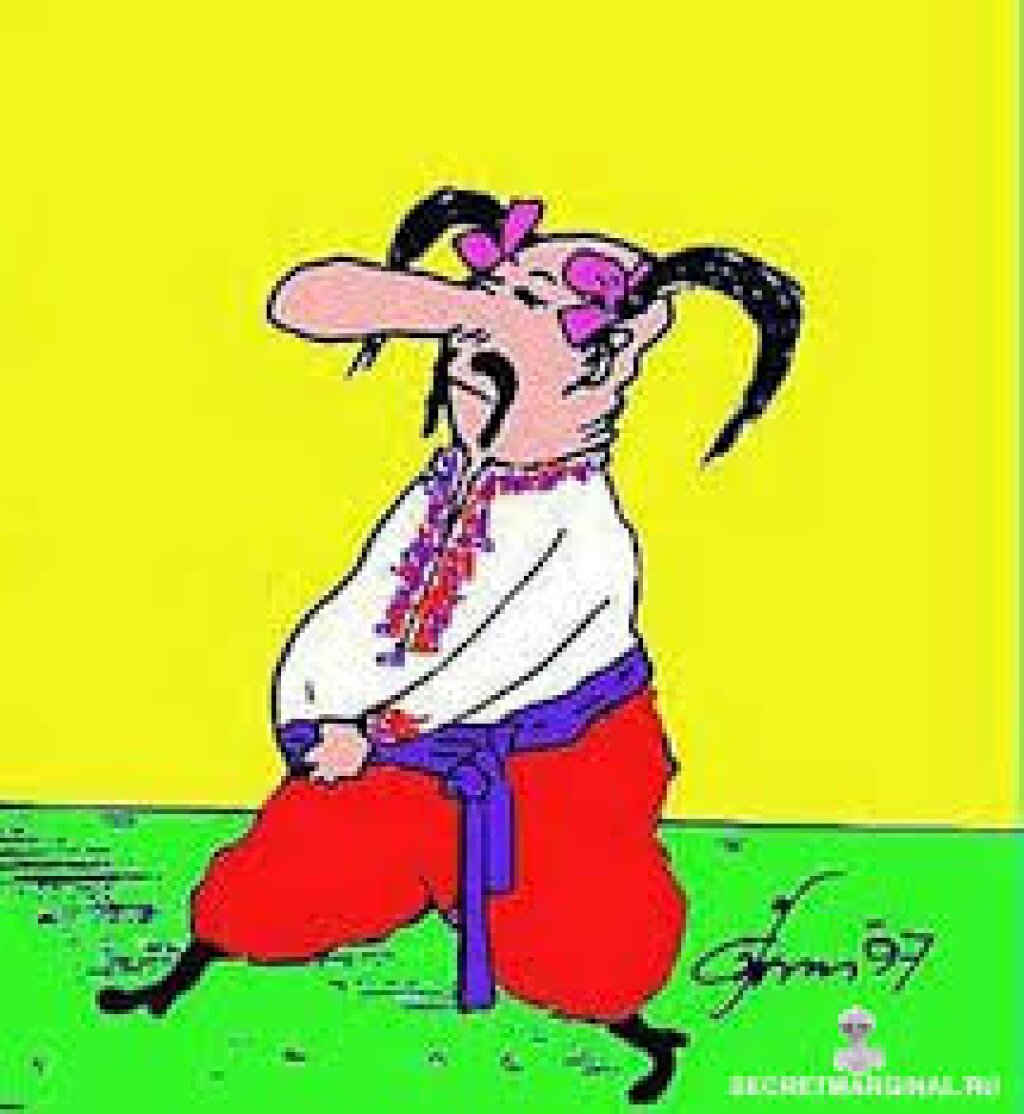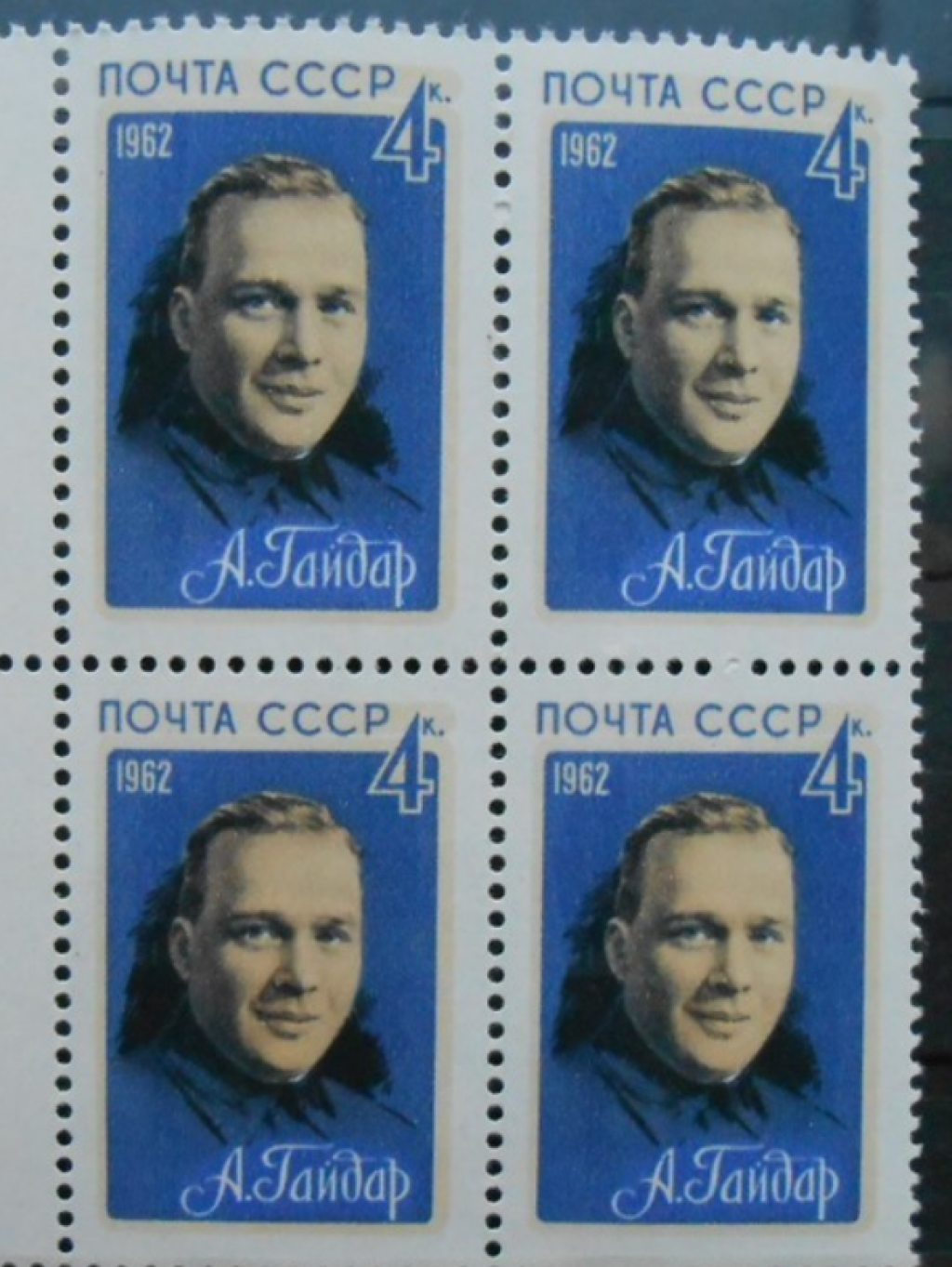This is the twenty-fourth entry of Russia’s Alien Nations: The Secret Identities of Post-Socialism, an ongoing feature on All the Russias, as well as the eleventh entry of Chapter 1. It can also be found at russiasaliennations.org. You can also find all the previous entries here.
In the context of sovok lore, the first thing that is striking about the “Sovok of the Week” test is that it is so clearly meant to be funny. I don’t mean to imply that the sovok is never a laughingstock; quite to the contrary. But even though the sovok is the product of Soviet/Russian urban folklore, he does not usually fit the traditional genres associated with it. As a compendium of foibles, the sovok could reasonably have been expected to join the large cast of characters that populate Russian jokes: the ethnic stereotypes (the Georgian, the Jew, the Chukchi), the trickster/scamps (Vovochka), the repurposed heroes of Soviet mass culture and propaganda (Chapaev, Shtirlits).
Yet this is not the case. The jokes about the aforementioned characters are not just numerous, but represent categories that are endlessly productive. Young Russians today tell and invent jokes about Chapaev while only having the vaguest sense of who Chapaev was supposed to be. But my search for jokes about the sovok yielded only one page with a significant list. It contains 50 entries, but that number is deceiving; many of them are about the Soviet Union rather than the Soviet person, a few are about dustpans, while others, though humorous, don’t really match the format of the Russian joke (anekdot) (there are several humorous poems, for instance).
Thus it is telling that this example, though produced by Russian speakers, was written in English and marketed to an English-speaking or bicultural audience, using a form (the quiz) that is widespread both in earnest and as parody. The Russian anekdot is quite different from contemporary American humor, and its resemblance to the joke telling of previous American generations makes it seem dated. Since the 1960s, American stand-up comedy has become observational, and is generally tied to the persona of the comedian. The Russian anekdot is impersonal and thus portable, and continues to circulate as oral folklore. Arguably, one feature of a sovok could be the insistence on telling and retelling anekdoty, whether the listener wants to hear them or not, while the sovok himself is ill-suited to the conventions of the anekdot genre.
Perhaps the sovok is not a distinct enough character type to sustain an anekdot, in that he is not entirely an Other. Given how much of the humor centered on the sovok is about the sovok’s ignorance about consumer culture and taste, and given the timing of the sovok’s dissemination (the late 1980s-1990s), even someone sophisticated enough the recognize the absurdity of the sovok’s reaction would also be perhaps painfully aware of how short a distance they have come from sovok status.
Next: Dressing for Failure



